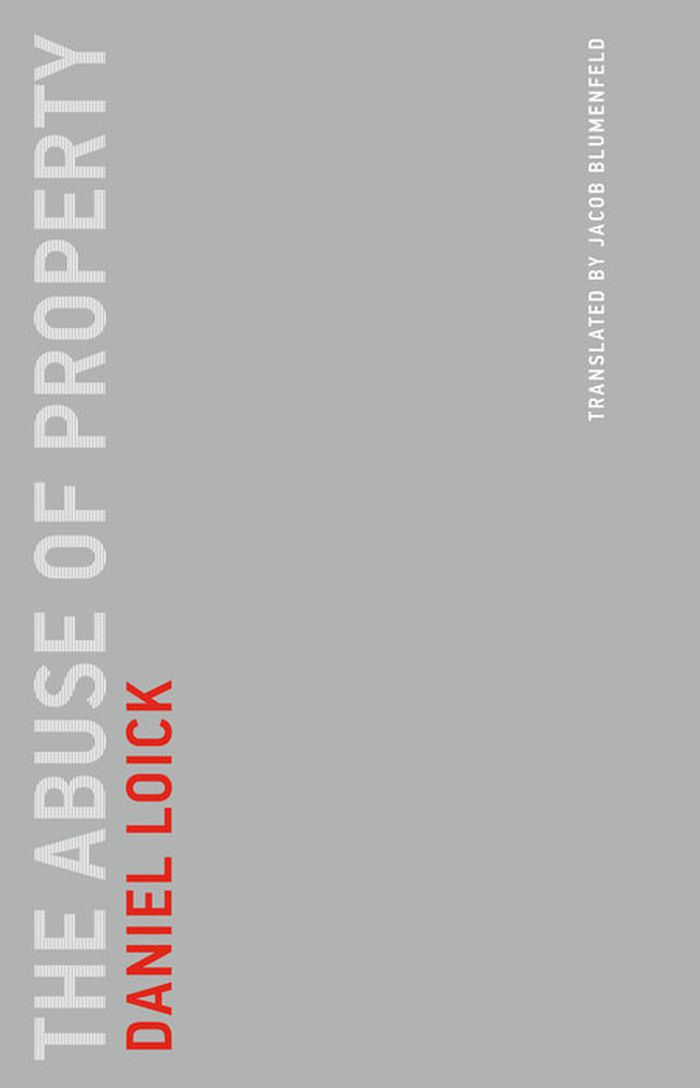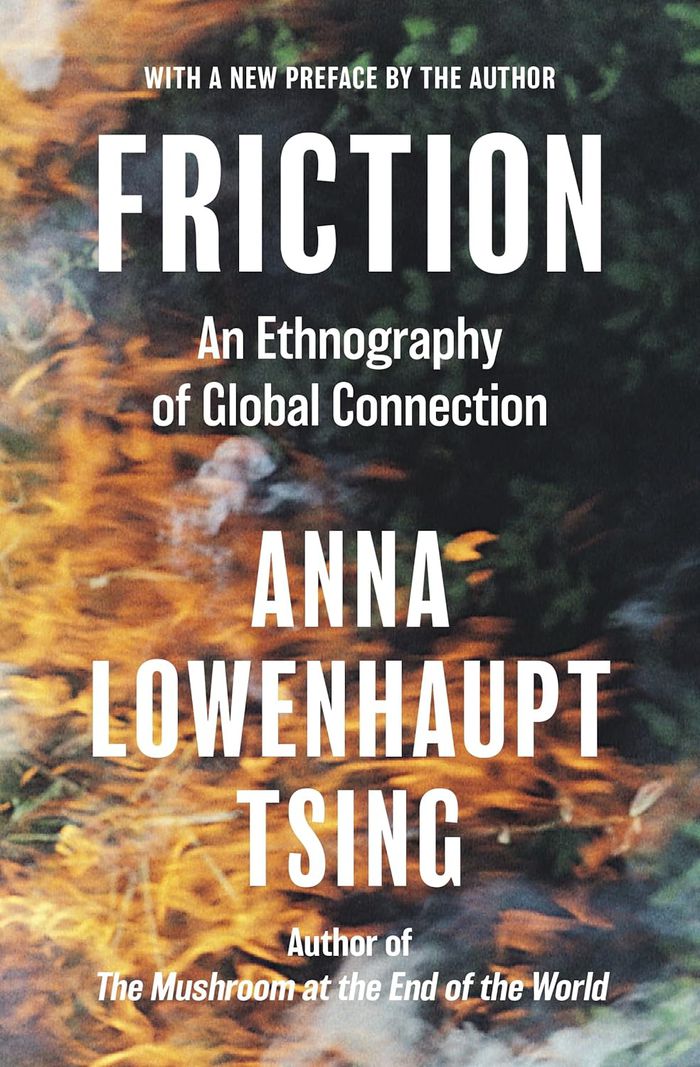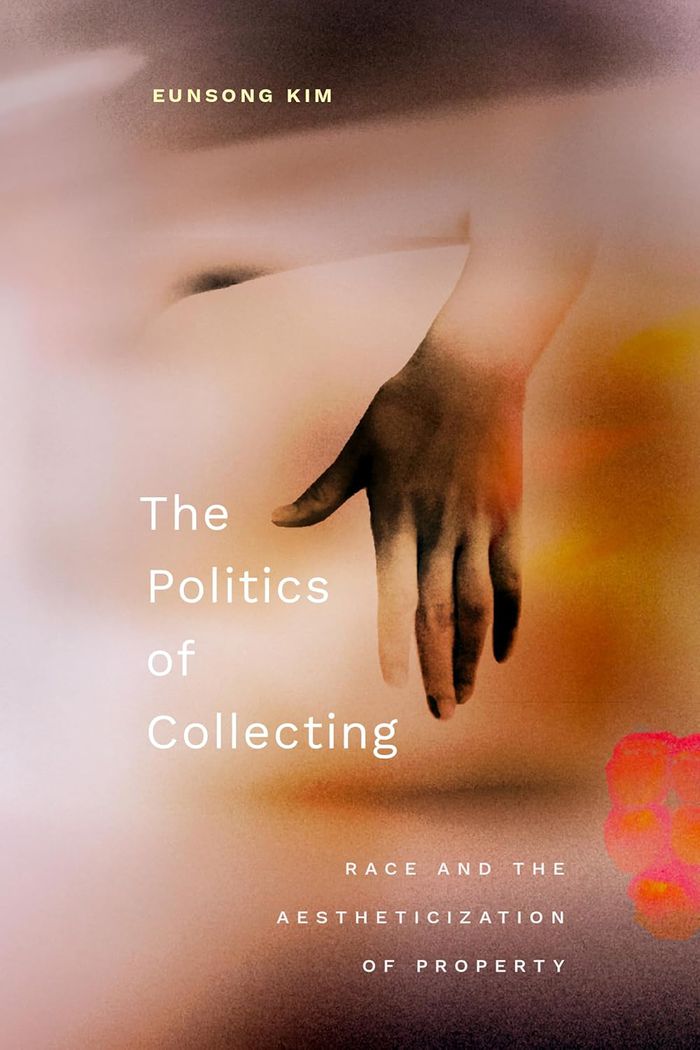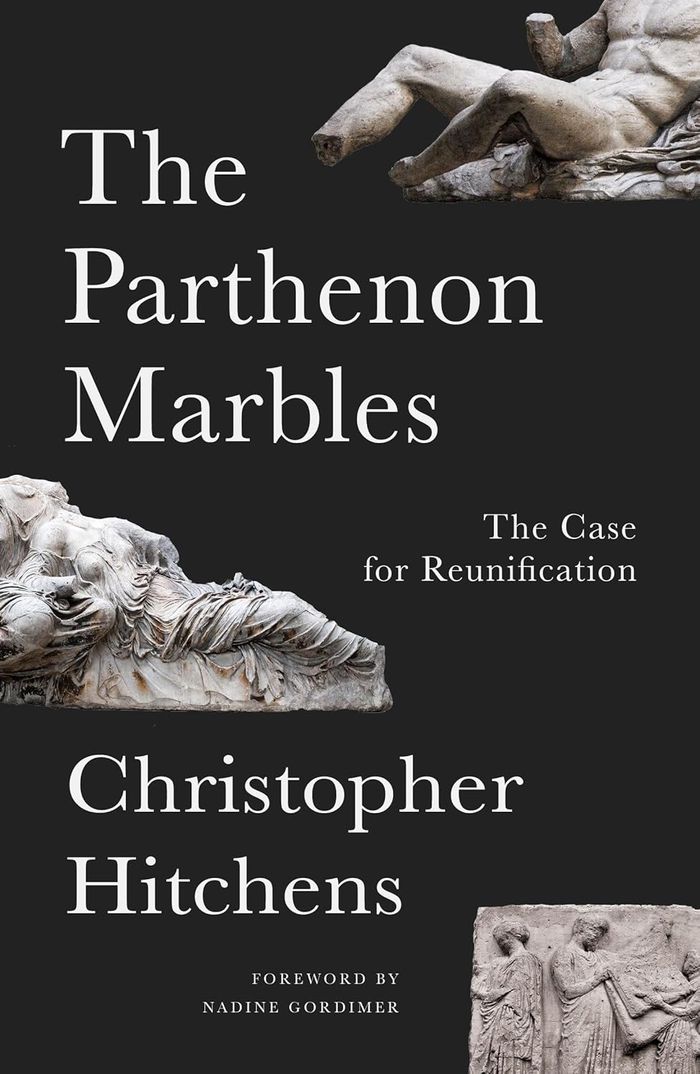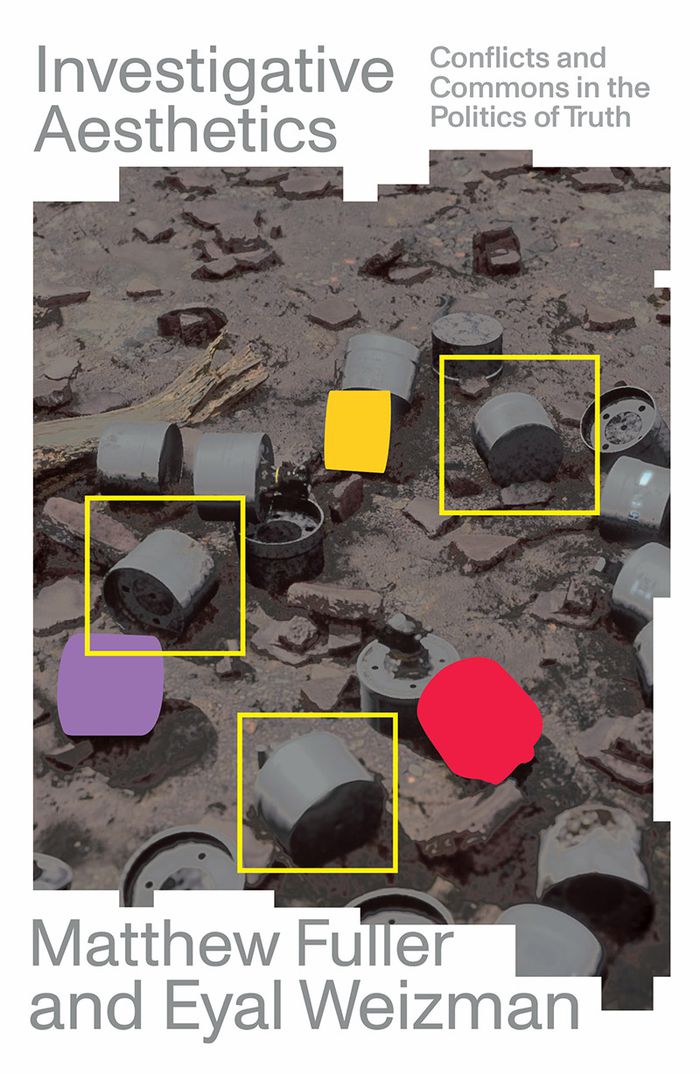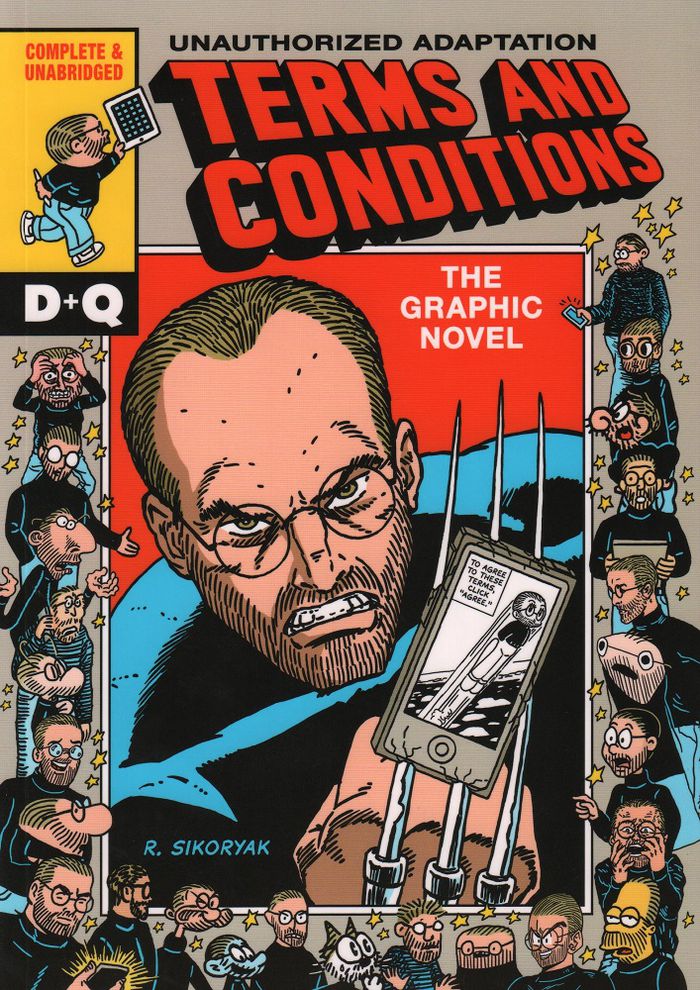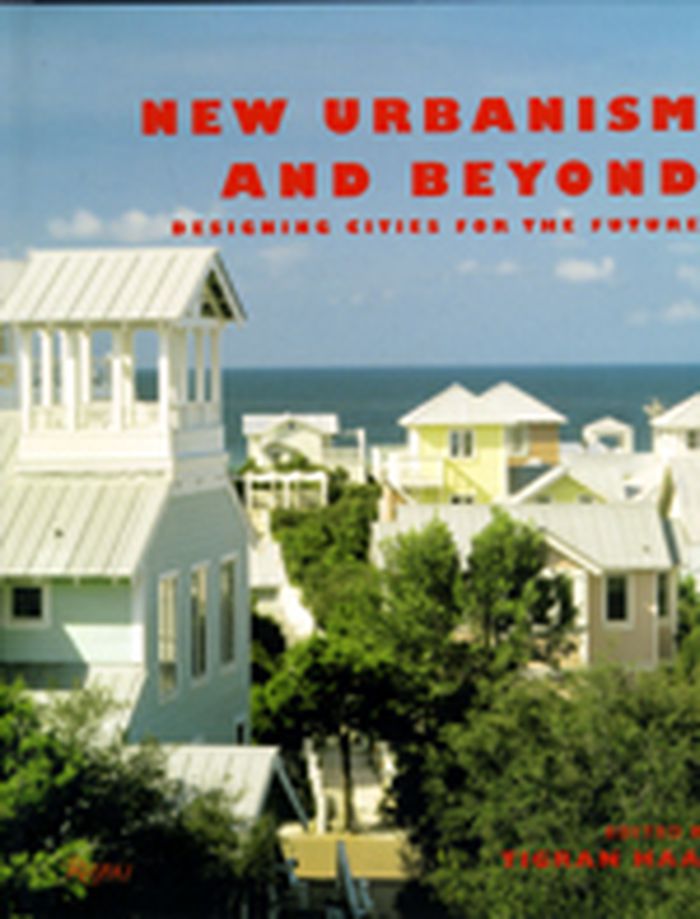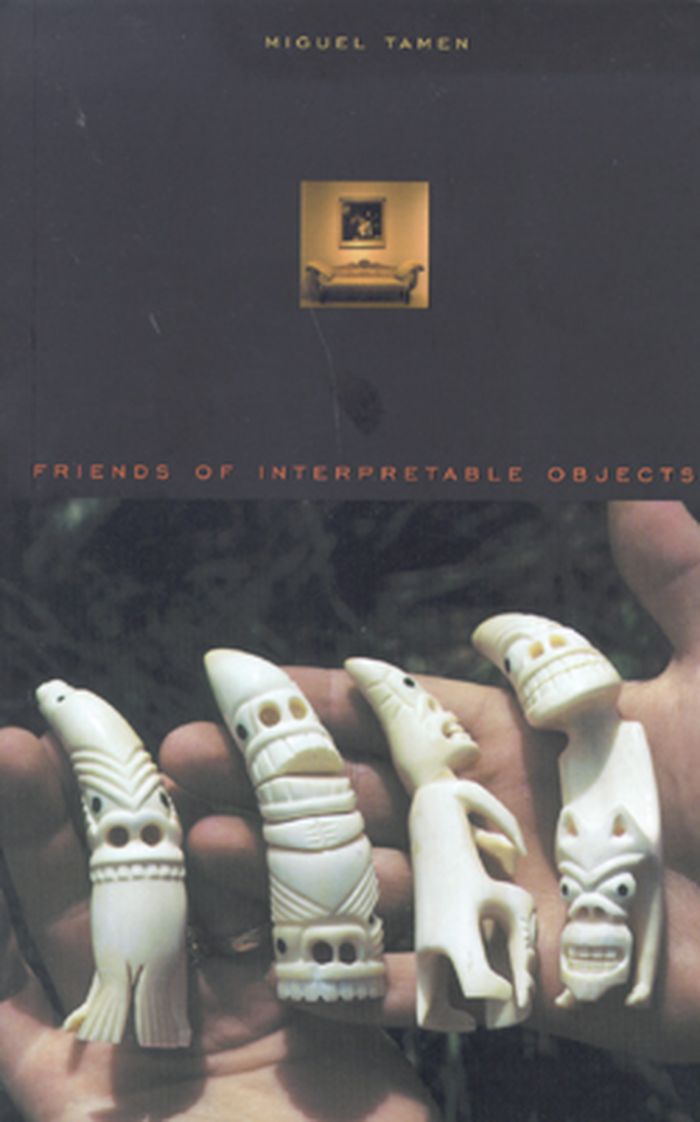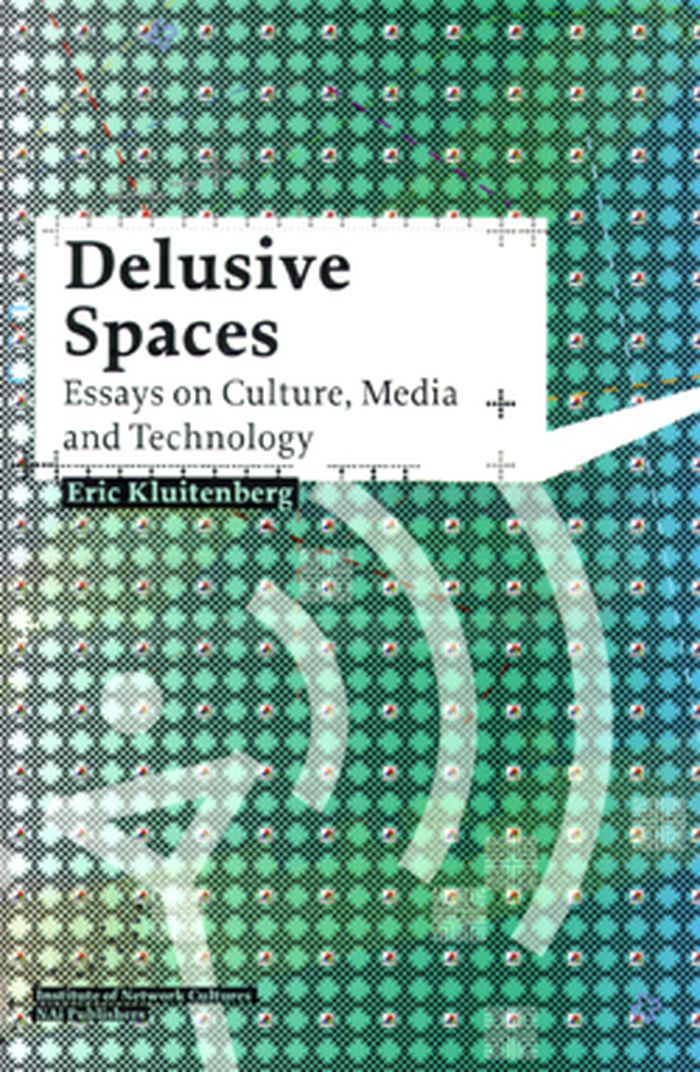The abuse of property
$24.95
(disponible sur commande)
Résumé:
In ''The abuse of property,'' Daniel Loick offers a multifaceted philosophical critique of the concept of property, broadly understood. He argues that property should not be the dominant framework in which human beings regulate the use of things, that property is not the same as use. Property rights, in his view, are not conditions of freedom or justice, but deficient,(...)
The abuse of property
Actions:
Prix:
$24.95
(disponible sur commande)
Résumé:
In ''The abuse of property,'' Daniel Loick offers a multifaceted philosophical critique of the concept of property, broadly understood. He argues that property should not be the dominant framework in which human beings regulate the use of things, that property is not the same as use. Property rights, in his view, are not conditions of freedom or justice, but deficient, dysfunctional, and harmful ways of interacting with other people and the natural environment. He dissects not only the classic justifications of property (from John Locke’s justification of property as a natural right based on individual freedom to Hegel’s justification of property as a form of mutual recognition) but also the classic critiques of property, from Proudhon and Marx up to Adorno and Agamben. Through an innovative critical approach to legal studies, Loick demonstrates how the concept of property, historically applied to things and people and still a linchpin of our distorted relation with the world, forms a direct line from the Occupy movement to Black Lives Matter and beyond.
Théorie/ philosophie
$32.95
(disponible sur commande)
Résumé:
Rubbing two sticks together produces heat and light while one stick alone is just a stick. It is the friction that produces movement, action, and effect. Anthropologist Anna Lowenhaupt Tsing challenges the widespread view that globalization invariably signifies a clash of cultures, developing friction as a metaphor for the diverse and conflicting social interactions that(...)
Friction: an ethnography of global connection
Actions:
Prix:
$32.95
(disponible sur commande)
Résumé:
Rubbing two sticks together produces heat and light while one stick alone is just a stick. It is the friction that produces movement, action, and effect. Anthropologist Anna Lowenhaupt Tsing challenges the widespread view that globalization invariably signifies a clash of cultures, developing friction as a metaphor for the diverse and conflicting social interactions that make up our contemporary world. Tsing focuses on the rainforests of Indonesia, where in the 1980s and 1990s capitalist interests increasingly reshaped the landscape not so much through corporate design as through awkward chains of legal and illegal entrepreneurs that wrested the land from previous claimants, creating resources for distant markets. In response, environmental movements arose to defend the rainforests and the communities of people who live in them. Not confined to a village, province, or nation, the social drama of the Indonesian rainforests includes local and national environmentalists, international science, North American investors, advocates for Brazilian rubber tappers, United Nations funding agencies, mountaineers, village elders, and urban students—all drawn into unpredictable, messy misunderstandings, but misunderstandings that sometimes work out.
Théorie/ philosophie
$37.95
(disponible en magasin)
Résumé:
In "The politics of collecting," Eunsong Kim traces how racial capitalism and colonialism situated the rise of US museum collections and conceptual art forms. Investigating historical legal and property claims, she argues that regimes of expropriation--rather than merit or good taste--are responsible for popular ideas of formal innovation and artistic genius. In doing so,(...)
The politics of collecting: Race and the aestheticization of property
Actions:
Prix:
$37.95
(disponible en magasin)
Résumé:
In "The politics of collecting," Eunsong Kim traces how racial capitalism and colonialism situated the rise of US museum collections and conceptual art forms. Investigating historical legal and property claims, she argues that regimes of expropriation--rather than merit or good taste--are responsible for popular ideas of formal innovation and artistic genius. In doing so, she details how Marcel Duchamp's canonization has more to do with his patron's donations to museums than it does the quality of Duchamp's work, and she uncovers the racialized and financialized logic behind the Archive of New Poetry's collecting practices. Ranging from the conception of philanthropy devised by the robber barons of the late nineteenth century to ongoing digitization projects, Kim provides a new history of contemporary art that accounts for the complicated entanglement of race, capital, and labor behind storied art institutions and artists. Drawing on history, theory, and economics, Kim challenges received notions of artistic success and talent and calls for a new vision of art beyond the cultural institution.
$25.95
(disponible en magasin)
Résumé:
The Parthenon Marbles (formerly known as the Elgin Marbles), designed and executed by Pheidias to adorn the Parthenon, are perhaps the greatest of all classical sculptures. In 1801, Lord Elgin, then ambassador to the Turkish government, had chunks of the frieze sawn off and shipped to England, where they were subsequently seized by Parliament and sold to the British(...)
The Parthenon Marbles: The case for reunification
Actions:
Prix:
$25.95
(disponible en magasin)
Résumé:
The Parthenon Marbles (formerly known as the Elgin Marbles), designed and executed by Pheidias to adorn the Parthenon, are perhaps the greatest of all classical sculptures. In 1801, Lord Elgin, then ambassador to the Turkish government, had chunks of the frieze sawn off and shipped to England, where they were subsequently seized by Parliament and sold to the British Museum to help pay off his debts. This scandal, exacerbated by the inept handling of the sculptures by their self-appointed guardians, remains unresolved to this day. In his fierce, eloquent account of a shameful piece of British imperial history, Christopher Hitchens makes the moral, artistic, legal and political case for re-unifying the Parthenon frieze in Athens.The opening of the New Acropolis Museum emphatically trumps the British Museum’s long-standing (if always questionable) objection that there is nowhere in Athens to house the Parthenon Marbles. "The Parthenon Marbles" will surely end all arguments about where these great treasures belong, and help bring a two-centuries-old disgrace to a just conclusion.
Théorie de l’art
$25.95
(disponible en magasin)
Résumé:
Today, artists are engaged in investigation. They probe corruption, human rights violations, environmental crimes and technological domination. At the same time, areas not usually thought of as artistic make powerful use of aesthetics. Journalists and legal professionals pore over opensource videos and satellite imagery to undertake visual investigations. This combination(...)
Investigative aesthetics: conflicts and commons in the politics of truth
Actions:
Prix:
$25.95
(disponible en magasin)
Résumé:
Today, artists are engaged in investigation. They probe corruption, human rights violations, environmental crimes and technological domination. At the same time, areas not usually thought of as artistic make powerful use of aesthetics. Journalists and legal professionals pore over opensource videos and satellite imagery to undertake visual investigations. This combination of diverse fields is what the authors call “investigative aesthetics”: the mobilisation of sensibilities associated with art, architecture and other such practices in order to speak truth to power. ''Investigative Aesthetics'' draws on theories of knowledge, ecology and technology; evaluates the methods of citizen counter-forensics, micro-history and art; and examines radical practices such as those of WikiLeaks, Bellingcat, and Forensic Architecture. These new practices take place in the studio and the laboratory, the courtroom and the gallery, online and in the streets, as they strive towards the construction of a new common sense. Matthew Fuller and Eyal Weizman have here provided an inspiring introduction to a new field that will change how we understand and confront power today.
Théorie/ philosophie
Terms and conditions
$16.95
(disponible sur commande)
Résumé:
For his newest project, R. Sikoryak tackles the monstrously and infamously dense legal document, iTunes Terms and Conditions, the contract everyone agrees to but no one reads. In a word for word 94-page adaptation, Sikoryak hilariously turns the agreement on its head—each page features an avatar of Apple cofounder and legendary visionary Steve Jobs juxtaposed with a(...)
Terms and conditions
Actions:
Prix:
$16.95
(disponible sur commande)
Résumé:
For his newest project, R. Sikoryak tackles the monstrously and infamously dense legal document, iTunes Terms and Conditions, the contract everyone agrees to but no one reads. In a word for word 94-page adaptation, Sikoryak hilariously turns the agreement on its head—each page features an avatar of Apple cofounder and legendary visionary Steve Jobs juxtaposed with a different classic strip such as Mort Walker’s Beetle Bailey, or a contemporary graphic novel such as Craig Thompson’s Blankets or Marjane Satrapi’s Persepolis . Adapting the legalese of the iTunes Terms and Conditions into another medium seems like an unfathomable undertaking, yet Sikoryak creates a surprisingly readable document, far different from its original, purely textual incarnation and thus proving the accessibility and flexibility of comics. When Sikoryak parodies Kate Beaton’s Hark A Vagrant peasant comics with Steve Jobs discussing objectionable material or Homer Simpson as Steve Jobs warning of the penalties of copyright infringement, Terms and Conditions serves as a surreal record of our modern digital age where technology competes with enduringly ironclad mediums.
Illustration
$62.00
(disponible sur commande)
Résumé:
Best defined as the art of shaping the built environment, urban design seeks to understand and analyze the variety of forces—social, economic, cultural, legal, ecological, and aesthetic—that affect how we live. The complex challenges facing cities today—scarcity of resources, growing economic divisions, and rampant sprawl, among others—are forcing a reconsideration of(...)
New urbanism and beyond: designing cities for the future
Actions:
Prix:
$62.00
(disponible sur commande)
Résumé:
Best defined as the art of shaping the built environment, urban design seeks to understand and analyze the variety of forces—social, economic, cultural, legal, ecological, and aesthetic—that affect how we live. The complex challenges facing cities today—scarcity of resources, growing economic divisions, and rampant sprawl, among others—are forcing a reconsideration of urban design. New Urbanism, a leading movement within urban design, advocates a return to small-town urban forms: human-scale, pedestrian-friendly streets, a reinvigoration of cities, and a stop to suburban sprawl. This new volume, drawing on a conference and debates at the Royal Institute of Technology in Stockholm, Sweden, comprehensively examines New Urbanism today and speculates about it’s future. With contributions from Christopher Alexander, Leon Krier, Peter Hall, Andrés Duany, Elizabeth Plater-Zyberk, Jeff Speck, William McDonough, Peter Calthorpe, Jan Gehl, Lars Lerup, Edward Soja, and Saskia Sassen, among others, New Urbanism and Beyond is both a comprehensive primer on urban design and a provocation for practitioners, historians, and citizens everywhere.
Théorie de l’urbanisme
$19.95
(disponible sur commande)
Résumé:
Miguel Tamen's concern is to show how inanimate objects take on life through their interpretation-notably, in our own culture, as they are collected and housed in museums. It is his claim that an object becomes interpretable only in the context of a "society of friends." Thus, Tamen suggests, our inveterate tendency as human beings to interpret the phenomenal world gives(...)
Friends of interpretable objects
Actions:
Prix:
$19.95
(disponible sur commande)
Résumé:
Miguel Tamen's concern is to show how inanimate objects take on life through their interpretation-notably, in our own culture, as they are collected and housed in museums. It is his claim that an object becomes interpretable only in the context of a "society of friends." Thus, Tamen suggests, our inveterate tendency as human beings to interpret the phenomenal world gives objects not only a life but also a society. As his work unfolds, "friends" also takes on a legal sense, as advocates, introduced to advance the argument that the social life of interpreted and interpretable objects engenders a related web of social obligations. Focusing on those who, through interpretation, make objects "speak" in settings as different as churches, museums, forests, and distant galaxies-those who know the best interests of corporations, endangered species, and works of art--Tamen exposes the common ground shared by art criticism, political science, tort law, and science. Learned and witty, with much to teach art historians, environmentalists, anthropologists, curators, and literary critics, his book utterly reorients our understanding of how we make sense of our world.
Théorie de l’art
livres
Description:
xi, 276 pages : illustrations ; 25 cm
Aldershot ; Brookfield, USA : Avebury, ©1993.
Surveying and setting out procedures / Frank Bell.
Actions:
Exemplaires:
Description:
xi, 276 pages : illustrations ; 25 cm
livres
Aldershot ; Brookfield, USA : Avebury, ©1993.
$34.00
(disponible sur commande)
Résumé:
The open terrain of new media is closing fast. Market concentration, legal consolidation and tightening governmental control have effectively ended the myth of the free and open networks. In Delusive Spaces, Eric Kluitenberg takes a critical position that retains a utopian potential for emerging media cultures. The book investigates the archeology of media and machine,(...)
Delusive spaces: essays on culture, media and technology
Actions:
Prix:
$34.00
(disponible sur commande)
Résumé:
The open terrain of new media is closing fast. Market concentration, legal consolidation and tightening governmental control have effectively ended the myth of the free and open networks. In Delusive Spaces, Eric Kluitenberg takes a critical position that retains a utopian potential for emerging media cultures. The book investigates the archeology of media and machine, mapping the different methods and metaphors that speak about technology. Returning to the present, Kluitenberg discusses the cultural use of new media in an age of post-governmental politics. Delusive Spaces concludes with the impossibility of representation. Going beyond the obvious delusions of the 'new' and the 'free', Kluitenberg theorizes artistic practices and European cultural policies, demonstrating a provocative engagement with the utopian dimension of technology. Eric Kluitenberg is a Dutch media theorist, writer and organizer. Since the late 1980s, he has been involved in numerous international projects in the field of electronic art, media culture, and information politics. Kluitenberg heads the media program at De Balie, Centre for Culture and Politics in Amsterdam. He is the editor of the Book of Imaginary Media (NAi Publishers, 2006) and the theme issue Hybrid Space of Open, journal on art and the public domain (2007).
Épistémologie et réseau
